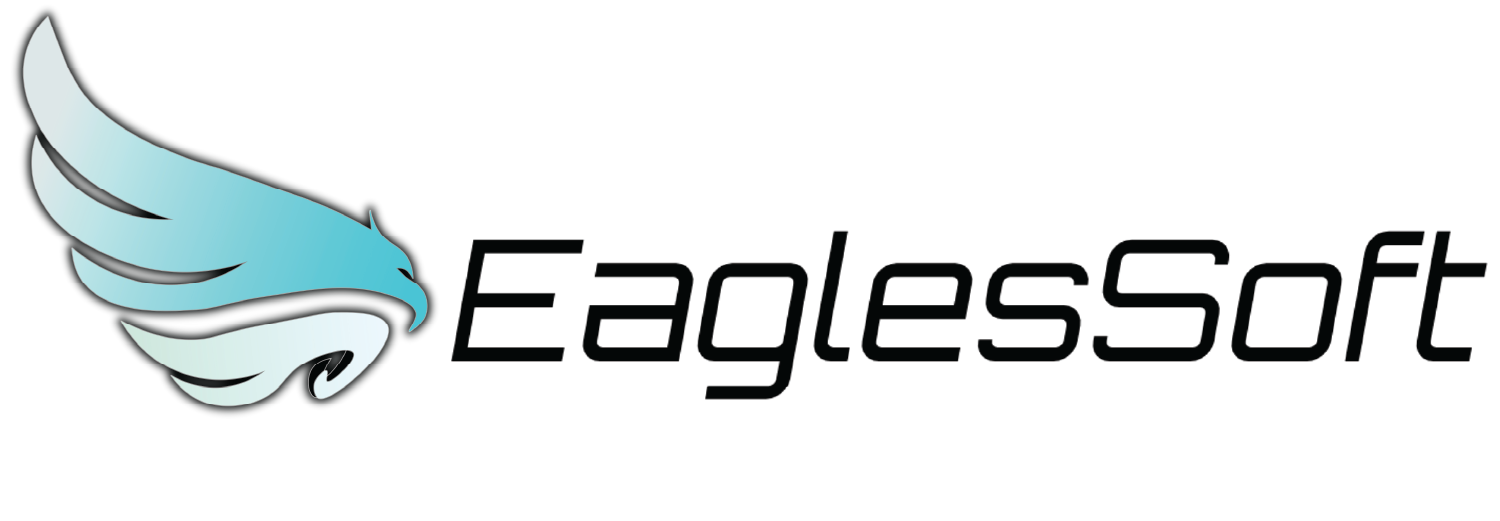Overview: The German e-Invoicing Journey
As of January 1st, 2027, B2B e-Invoicing will be mandatory for companies with an annual turnover exceeding 800,000 EUR.
Germany has steadily advanced in digital invoicing and is now extending obligations to business-to-business (B2B) transactions. Following the Growth Opportunities Act (Wachstumschancengesetz), e-invoicing is becoming mandatory for all B2B exchanges in the coming years.
Bundesministerium der Finanzen (BMF).
B2G: Each federal state (Land) assumes its own responsibility.
10+1 years.
B2G: XRechnung, ZUGFeRD from version 2.0.1.
B2B: XRechnung, ZUGFeRD from version 2.0.1. Other formats (XML, EDIFACT, etc.) provided they are compatible with the EN16931 format.
B2G: Since April 18, 2020, German federal states have been mandated to accept B2G e-invoices in compliance with European Directive 2014/55/EU.
B2B: For e-Invoice reception, all companies must be able to receive electronic invoices starting from January 2025. Regarding e-Invoicing submission, B2B e-invoicing will become mandatory, starting in January 2027 for companies with more than 800,000 € turnover and in January 2028 for companies with less than 800,000 € turnover.
Not mandatory.
Germany’s transition to fully mandatory B2B e-invoicing is being phased in over several years:
Accepted e-Invoice Formats & Channels
Germany supports the following structured formats under EN 16931:
XRechnung (XML-based, tailored to German public sector)
ZUGFeRD (PDF/A-3 hybrid with embedded XML)
Peppol BIS, UBL, CII, and other mutually agreed formats (if both parties agree and they remain interoperable)
Transmission Channels for B2B
Businesses in Germany can exchange invoices through:
QUESTIONS ABOUT THE GERMANY REGULATION
XRechnung is one of the electronic invoice formats in Germany. It is an XML document adapted to European Union directives.
ZRE is the acronym for the Zentrales Rechnungseingangsportal des Bundes portal which is the reception portal for electronic invoices received from suppliers to the federal government.
If you do not have software for creating electronic invoices, you can enter your invoice data into the submission portal via your web browser and then submit this data as an e-invoice. For small numbers of e-invoices, you can upload these to the invoice submission portal. If you need to send high volumes of invoices, you may prefer to use the Peppol web service or email transmission methods.
Currently, Peppol is extensively utilized in Germany's B2G sector. Given its compliance with EN 16931, Peppol BIS is a good choice for fulfilling the B2B mandate as well.
The ZUGFeRD (Zentraler User Guide des Forum elektronische Rechnung Deutschland), is another format accepted in Germany. It is a hybrid format composed of a PDF A3 with an encrusted XML conforming to the European standard.
The OZG-RE (Onlinezugangsgesetz-konforme Rechnungseingangsplattform) is a platform through which suppliers and service providers can transmit e-invoices to connected institutions of the indirect federal administration and cooperating federal states.
PDF invoices are allowed with the buyer's consent until 1 January 2027 for businesses with revenue exceeding EUR 800K. After 1 January 2028, PDF will cease as a valid invoice format for all business.
You can use EDI if you have the buyer's consent. However, after 1 January 2028, existing EDI connections will no longer be permissible if the e-invoice formats exchanged do not meet the EN requirements.
Additional Compliance Aspects
Why Early Preparation Matters
Eaglessoft: Your Trusted Partner in Germany
At Eaglessoft, we ensure your invoicing remains compliant across all phases of Germany’s e-invoicing mandates:



